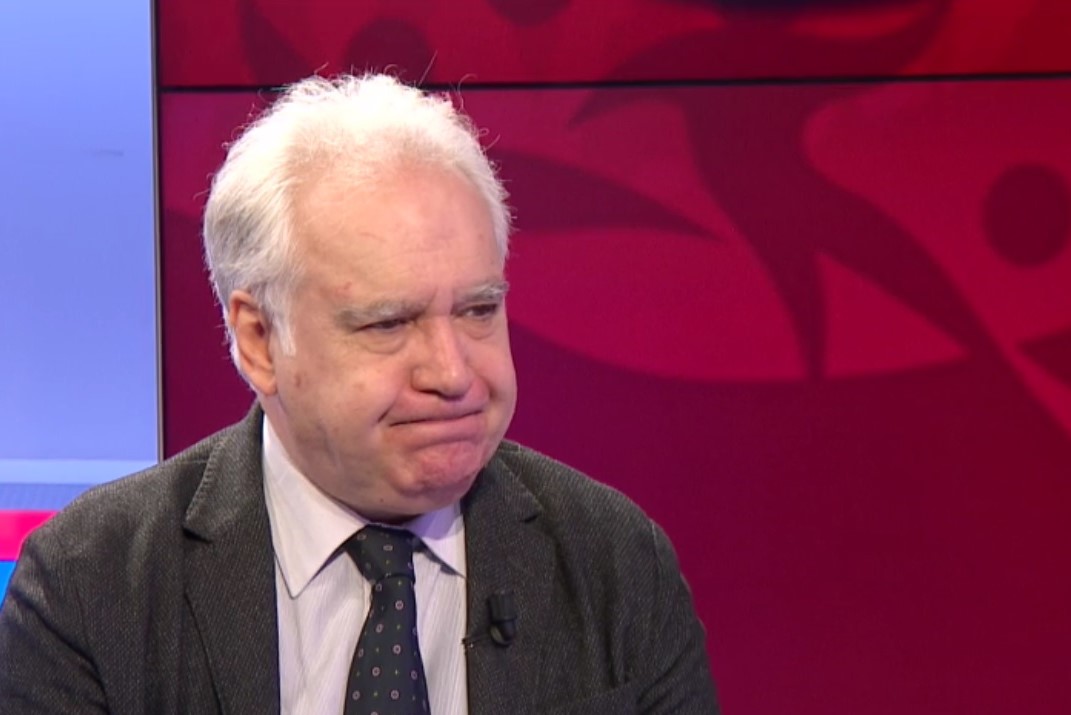As we all know, the blood, circulating in our body, performs several important functions. In fact, it carries essential nutrients, such as fats, sugars, vitamins and mineral salts. Furthermore, it carries hormones, waste products (towards the kidneys), carbon dioxide (towards the lungs) and some components capable of fighting infections and bleeding. In addition to all this, the blood also has the task of transporting oxygen to all the tissues of the body. To do this, thehemoglobina protein found in red blood cells.
In some circumstances, mainly due to genetic causes, this protein could present alterations, both qualitatively and quantitatively. In the first case, there are alterations in the composition and functionality of hemoglobin; in the second case, there is a decrease in quantities. When less hemoglobin and red blood cells are produced we are talking about thalassemia.
With this term we refer to a group of hereditary diseases, which mainly affect the populations of the Mediterranean area, South Asia, South East Asia and the Middle East. In Italy, for example, we have about 3 million healthy carriers. They are mainly concentrated in Sicily, Sardinia and other southern regions, but also in Veneto and in the Po delta.
Tiredness, shortness of breath and paleness of the face could be the first symptoms of this blood disorder
Thalassemias are divided into two main groups: alpha and beta thalassemias (the most common form in Italy and the Mediterranean). When we talk about thalassemia minor, we are referring to the situation in which one can be a healthy carrier of the disease. In this case, the subjects should not have major health problems. However, if the partner is also a healthy carrier, the children could be affected by severe forms of thalassemia. The most severe form is major beta thalassemia, also called Mediterranean anemia or Cooley’s disease.
Main symptoms and diagnosis
Thalassemia, excluding healthy carriers, could cause several health problems. These include:
- l’anemia, which occurs when hemoglobin levels in the blood are low. Typically, not only tiredness, shortness of breath and paleness of the face may occur, but also palpitations or jaundice. In severe cases, the patient may be forced to undergo frequent blood transfusions;
- excess iron in the body, which could cause heart and liver problems, hormonal imbalances, diabetes and thyroid malfunction.
To ascertain the presence of this disease, a specific blood test can be performed at a specialized center. Since it is recognized as a rare disease by the National Health Service, thalassemia is free of charge. In addition, allowances may be recognized by INPSin certain situations.


